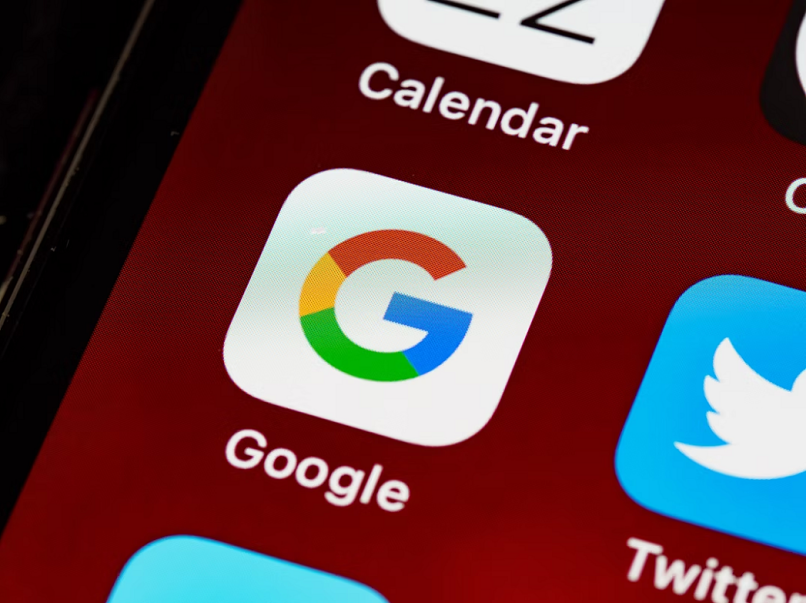California Court Orders Google to Pay $314M in Class Action Lawsuit

A California court has ordered Google to pay $314 million in damages regarding allegations that it misappropriated users’ cellular data to transfer background data for its services without their consent.
According to the plaintiffs, these transfers would continue even when the phone is in a completely idle state, without any interaction or running apps. Furthermore, plaintiffs maintain that Google purposefully designed the transfers to happen over cellular networks, instead of limiting them to Wi-Fi connections.
This, plaintiffs claim, is a violation of California law and means that they are entitled to reimbursement for the value of the cellular data that “Google uses for its own benefit without their permission.”
The lawsuit, Attila Csupo et al. v. Google LLC (case no. 19-CV-352557), was certified by the Santa Clara County Superior Court to proceed as a class action. A longstanding matter, the original class action complaint was filed in August 2019, with an estimated class size of 13 million California residents.
In one case, the plaintiffs reported that of the 8.88MB of mobile data that their device used daily, 94% was exchanged with Google servers. The experiment was run on a Samsung Galaxy S7 smartphone using only default settings, pre-installed apps, and a newly created Google account. The device registered roughly 389 communications over a 24-hour period.
In another instance, an Android phone that was left on “idle” but with the Chrome browser open in the background recorded 900 similar communications in a single day.
The information mostly consisted of log files detailing system metrics, network conditions, and which apps were active at any point in time. According to court documents, these log files “are typically not time-sensitive, and transmission of them could easily be delayed until Wi-Fi is available."
Plaintiffs further allege that "Google could also program Android to allow users to enable passive transfers only when they are on Wi-Fi connections, but apparently it has chosen not to do so."
In speaking to Reuters, spokesperson Jose Castaneda said that the company would appeal the verdict, which Google claims "misunderstands services that are critical to the security, performance, and reliability of Android devices."
The outcome is another for the tech giant, as Google agreed to pay a $1.34 billion settlement to the state of Texas regarding allegations of unauthorized data tracking, including biometrics. This follows a similar case late last year, when Meta also agreed to pay Texas $1.4 billion to resolve claims of improper data collection.



Please, comment on how to improve this article. Your feedback matters!